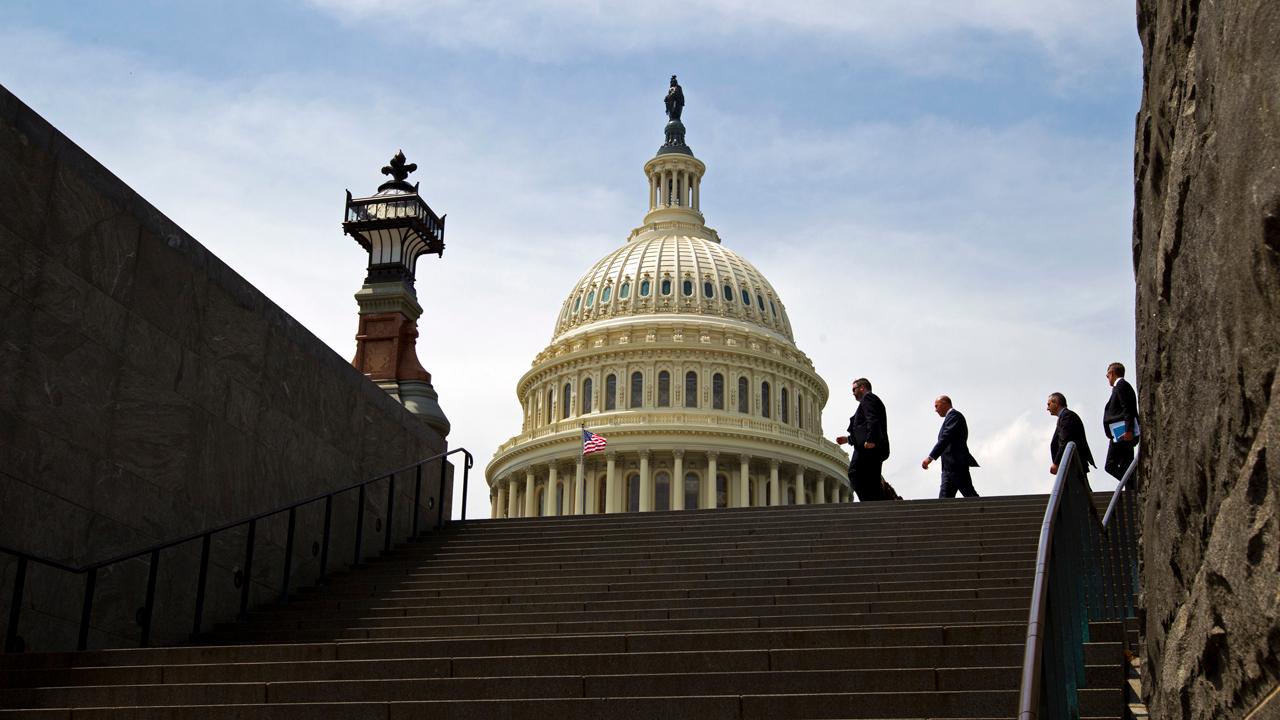US taxpayers rush to claim deductions under threat from tax bill
Financial advisers and accountants are working overtime as many U.S. taxpayers scramble to pay the rest of their 2017 taxes before Jan. 1 when the proposed Republican tax overhaul would sharply cut the amount they can deduct on federal tax bills.
The tax legislation, which top U.S. Republicans said on Sunday they expected Congress to pass this week, caps the amount of state, local and property taxes individuals can deduct from their federal tax bills at $10,000.
The average American who itemized his or her tax bill in 2015 claimed more than $27,000 in deductions. While taxpayers have until Jan. 15 to pay the final installment of their 2017 taxes, Tom Holly of the accounting firm PwC said he received dozens of calls over the weekend from concerned clients eager to pay sooner.
"It's going to be a very busy holiday season for advisers," said Holly, who heads the firm's wealth and asset management division.
Lisa Featherngill, managing director of wealth planning at Wells Fargo's Abbot Downing, said she was skipping a family trip to the Valero Alamo Bowl football game in Texas on Dec. 28 in order to work.
Featherngill said wealthy clients and their accountants were not just trying to figure out if it makes sense to estimate and pay the rest of their 2017 itemized taxes this year, but also working to see if they should itemize at all.
Some taxpayers, particularly those in high-tax states who have income above $100,000, may end up paying the alternative minimum tax, which limits the deductions a person can take against his or her federal income tax.
"People really have to run the numbers because ... if they are subject to alternative minimum tax, some of those taxes wouldn't be deductible anyway," said Featherngill.
Last week, according to media reports, state officials in New York received calls from residents asking to pay their 2018 state, local and property taxes before Jan. 1 in an effort to claim the higher amount of deductions before the Republican tax bill takes effect.
In response, the U.S. Treasury Department issued guidance over the weekend saying that any pre-payments for 2018 tax liabilities would not be deductible on federal tax bills.
If passed, the tax bill would be the biggest U.S. tax rewrite since 1986.
The legislation would cut the corporate income tax rate to 21 percent from 35 percent but offer a mixed bag for individuals, including middle-class workers, by roughly doubling a standard deduction that does not require itemization, but eliminating or scaling back other popular itemized deductions and exemptions.
(Reporting by Elizabeth Dilts; Editing by Peter Cooney)




















